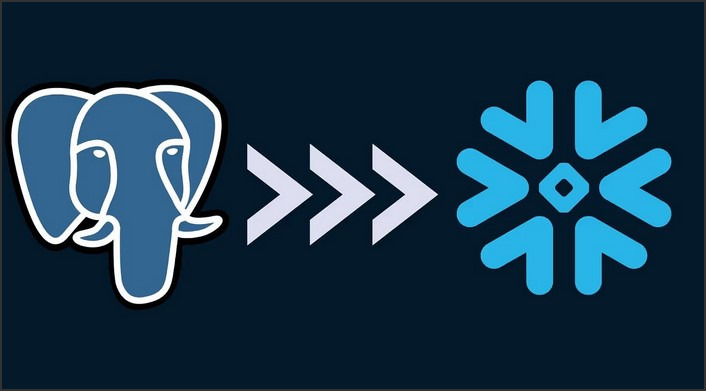
Database Showdown: MongoDB vs. Snowflake for Data Management is a comparative analysis of two leading database management systems in the tech industry. MongoDB, a popular NoSQL database, is known for its flexibility and scalability, making it ideal for handling large amounts of unstructured data. On the other hand, Snowflake, a cloud-based data warehousing platform, excels in data analytics and business intelligence, offering a robust solution for storing and analyzing structured and semi-structured data. This introduction aims to provide an in-depth comparison of these two systems, focusing on their features, strengths, and weaknesses in managing data.
Database Showdown: MongoDB vs. Snowflake for Data Management – A Comparative Analysis
In the realm of data management, two names that often come to the forefront are MongoDB and Snowflake. Both are powerful database management systems, each with its unique strengths and capabilities. However, when it comes to choosing between the two, it’s essential to understand their differences and how they can impact your data management strategy.
MongoDB, a NoSQL database, is renowned for its flexibility and scalability. It uses a document-oriented model, which allows it to store data in a semi-structured format. This feature makes MongoDB an excellent choice for businesses dealing with large volumes of rapidly changing, unstructured data. It’s also highly scalable, both vertically and horizontally, making it a suitable choice for businesses expecting significant data growth.
On the other hand, Snowflake is a cloud-based data warehousing platform that excels in handling structured and semi-structured data. It separates compute and storage resources, allowing users to scale up or down based on their needs without impacting performance. This feature makes Snowflake a cost-effective solution for businesses, as they only pay for the resources they use. Moreover, Snowflake’s architecture supports multi-cluster sharing, which enables concurrent access to data without any performance degradation.
Transitioning to the aspect of data security, MongoDB provides robust security features such as authentication, authorization, and auditing. It also supports encryption at rest and in transit, ensuring that your data is secure both while stored and when being transmitted. Conversely, Snowflake also offers robust security features, including always-on, enterprise-grade encryption for data at rest and in transit. It also provides advanced features like automatic query history retention and data time travel, which can be invaluable for data recovery and auditing purposes.
When it comes to ease of use, MongoDB offers a straightforward and intuitive interface. Its flexible schema allows developers to modify the database structure without any downtime, which can significantly speed up the development process. However, it requires a certain level of expertise to manage and optimize effectively. In contrast, Snowflake’s user-friendly interface and SQL compatibility make it easy for users to manage and query data. It also offers seamless integration with various business intelligence tools, making it a more accessible option for non-technical users.
In terms of performance, MongoDB’s document-oriented model allows for fast read and write operations, making it ideal for real-time applications. However, it may not perform as well with complex queries or large datasets. Snowflake, with its separate compute and storage resources, can handle complex queries and large datasets with ease. Its performance remains consistent regardless of the data volume or number of users.
In conclusion, both MongoDB and Snowflake offer robust solutions for data management, each with its unique strengths. MongoDB’s flexibility and scalability make it an excellent choice for handling unstructured data and real-time applications. In contrast, Snowflake’s cost-effectiveness, ease of use, and consistent performance make it a strong contender for handling structured data and complex queries. Therefore, the choice between MongoDB and Snowflake should be guided by your specific business needs and data requirements.In conclusion, both MongoDB and Snowflake have their unique strengths in data management. MongoDB excels in handling unstructured data, offering flexibility and scalability, making it ideal for businesses dealing with large volumes of rapidly changing data. On the other hand, Snowflake is a powerful cloud-based data warehousing solution that excels in data analytics and handling structured and semi-structured data, offering robust security and instant elasticity. The choice between the two depends on the specific needs and requirements of a business.
